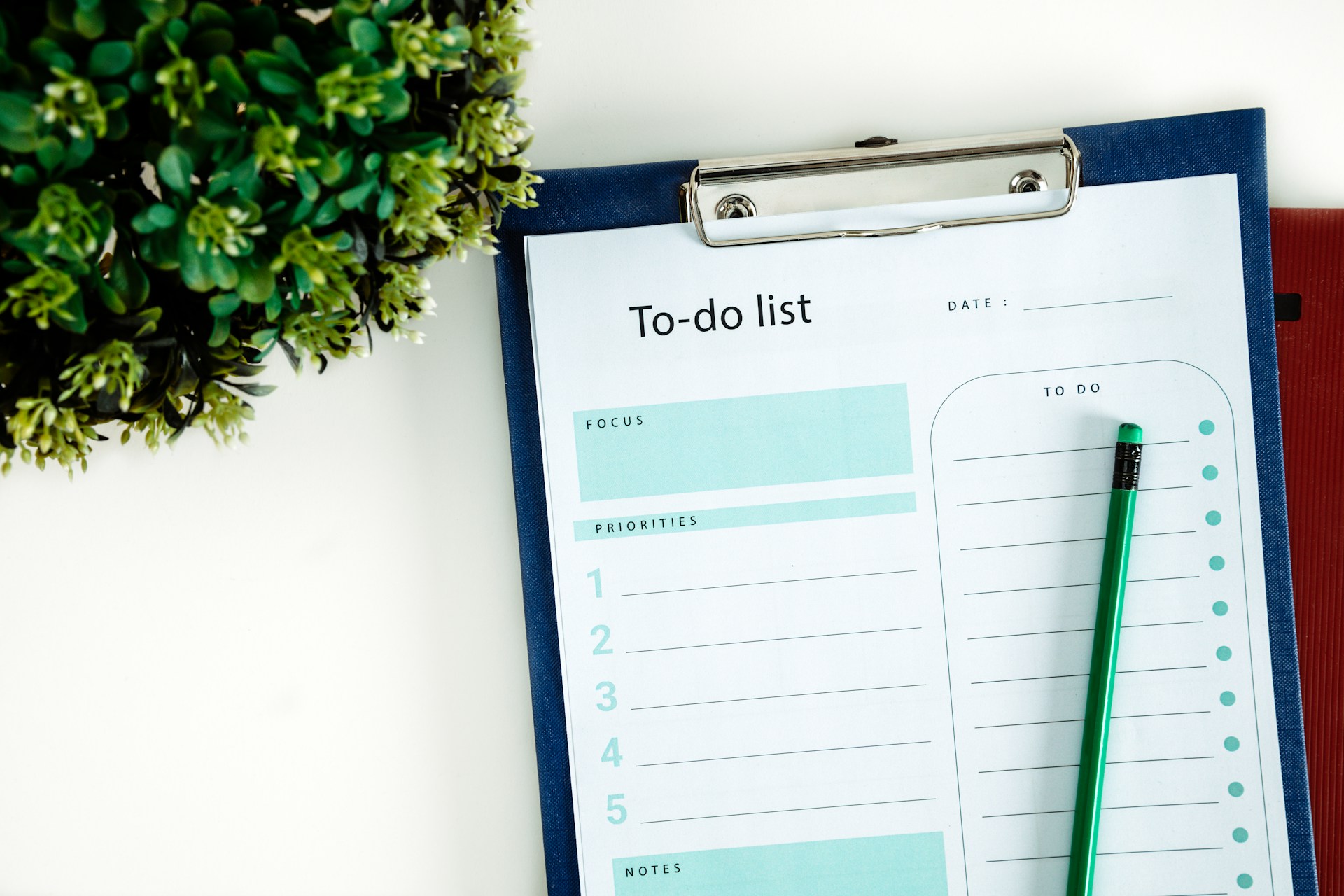Many individuals have chosen Ozempic (semaglutide) or another GLP-1 prescription medication to help them during their weight loss journey because they have been proven to offer significant weight loss potential.
Most people are aware that these medications come with some common side effects that include feelings of nausea, vomiting, diarrhea, constipation, or other types of gastrointestinal discomfort, but have you ever heard that Ozempic and osteoporosis may be linked?
Today we are going to look at some questions about Ozempic and bone density and talk about what the research says, why weight loss affects your bones, and the steps you can take to keep them strong and healthy.
{{cta_button}}
Has There Been Research to Determine If There Is a Connection Between Ozempic and Osteoporosis?
There is limited research on what effect Ozempic has on bone density, and the data we have to date is mostly representative of individuals who have type 2 diabetes. More long-term data is needed about those who are using GLP-1 drugs like Ozempic mainly for weight loss purposes.
One study published in the Lancet in 2024 looked at 64 individuals during a 52-week time period who were at a higher risk for fractures and found that the individuals using semaglutide vs. the placebo lost more weight, but they also showed higher levels of a marker that signals bone breakdown and had small drops in bone density in their hips and spine. The researchers concluded that the changes in bone density were most likely tied to the loss of weight and not the medication.
A large review of over 63 studies was conducted that showed no clear increase in fractures for individuals who used GLP-1 medications. One study that was reviewed even reported a lower fracture risk for people with type 2 diabetes with prolonged treatment.
How Weight Loss Can Affect Your Bones
Carrying extra weight can put strain on your joints, raise the risk of developing arthritis, and increase your chances of experiencing mobility problems. It is easy to assume that losing weight would lighten the load on your bones and only bring benefits by reducing that stress and lowering your risks for injury, but the truth is you can also lose bone density. Your bones are living tissues that adapt to the forces placed on them, and that extra weight you are carrying acts like resistance training, giving your bones a way to stay strong.
The reasons that weight loss can sometimes affect your bone density include:
Reduced Resistance on Your Bones
Every time you stand, walk, or carry weight, your bones feel that pressure, and the scientific name for this pressure is called “mechanical loading” and so when you weigh more, your skeleton gets “loaded” every time you stand, walk, or climb stairs. That load actually triggers your bones to stay strong and keep building, and when you lose a lot of weight, your bones do not get as much physical stress as they used to, and they begin to change and adapt to the easier load by losing strength and density.
Loss of Muscle
One of the most important things you need to do during a weight loss journey is to protect your muscle mass. Unless you are proactively taking steps to avoid it, when you lose weight, you will also lose muscle mass. The faster you lose weight, the more muscles you can lose along with your fat cells.
The way your body is designed, your muscles pull on your bones when you are moving, and the force of this pulling is one of the main ways our body is triggered to keep these muscles strong. When you lose muscle, this means less pull, which gradually can reduce your bone density and cause it to thin.
Your Intake of Nutrients Is Lower
Some people do not eat the right foods in the right amounts when they are trying to lose weight. If they are not eating enough protein and getting an adequate amount of calcium, vitamin D, and other vital nutrients, their bone density can begin to break down.
Hormonal Shifts
Weight loss, especially when you lose it very fast, can mess with your hormones like estrogen, testosterone, and leptin. These hormones are all involved in the process of remodeling your bones, and if your hormones are out of balance, it can affect how good of a job your body does at performing this task and how strong and dense the new bone tissue is.
Losing weight can have both positive and negative effects on the health of your bones, so it is important that you are proactive in taking steps to protect your bone density during your weight loss journey.
{{cta_small}}
How To Protect Your Bone Density While Using Ozempic Or Any GLP-1 Medication.
Get Regular Exercise
Doing some things can help preserve your muscle mass as you lose weight.
Keep your bones strong by challenging them with resistance training 2 to 3 times per week.
- Lifting weights like dumbbells, kettlebells, or using the weight machines.
- Using resistance bands.
- Practicing exercises that require bodyweight moves like squats, lunges, or push-ups.
Also make sure you are incorporating some safe low-impact activities in your daily routine.
- Brisk walking or hiking
- Stair climbing
- Light jump roping
A randomized trial using liraglutide, which is a GLP-1 medication that works similarly to Ozempic, reported that participants who followed an exercise routine along with using their GLP-1 medication were able to maintain more bone strength compared to those who did not.
Eat Enough Protein
Most adults need around 0.5 grams of protein per pound of their body weight each day while they are losing weight. This means if you weigh 180 pounds, you should be eating around 90 grams of protein daily, or about 30 grams at each meal. This will help your body retain its lean muscle to support your bone tissue and target only fat loss.
Do Not Severely Limit Your Calorie Intake for an Extended Time
Eating too few calories can lead to faster bone loss and can also send your body into survival mode, which slows your metabolism down and can keep you from losing weight. Using a strategy of slower, more moderate calorie deficits can help you lose weight while making it easier on your body and without significantly reducing your muscle mass.
Ensure You Are Getting Enough Calcium and Vitamin D
Most adults need 1,000 to 1,200 mg of calcium every day, which can be obtained from a combination of the food they eat and supplements. Vitamin D is also extremely important, and you can work with your Batash Endoscopic Weight Loss Specialist on the guidelines that are right for you and your circumstances.
Measure and Track Your Progress
If you have a higher risk of experiencing bone loss during your weight loss journey, a baseline DEXA scan is recommended with follow-ups each year to ensure you are on the right track with maintaining your lean muscle mass and your strength.
Batash Endoscopic Weight Loss Center Is Here To Help You Reach Your Goals
Losing weight is a complex process, and getting expert help can help you achieve sustainable weight loss when you have not been able to do it on your own. Most people do not understand how their body will respond to weight loss, and many do not know that they need to be building muscle mass while they are losing weight to preserve their health and strength.
The professional team of experts at Batash Endoscopic Weight Loss Center is here to help guide you every step of the way. They will craft a personalized plan with your circumstances in mind that will help you lose fat while preserving important muscle. Set up your consultation today to learn more about how to lose weight safely and effectively.
{{cta_button}}








